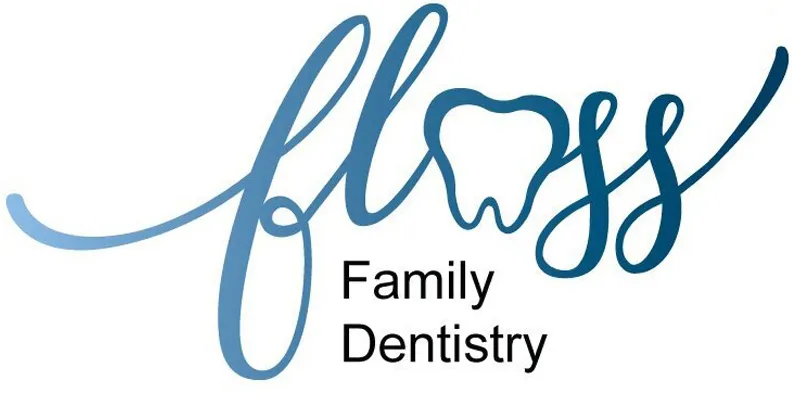Welcome to our dental blog! Are you curious about what happens during a dental exam? Whether it's your first time or you're a regular visitor, understanding the process can help ease any anxiety and ensure that you get the most out of your visit. In this article, we'll walk you through what to expect during a
dental exam in Lehi UT, from start to finish. So sit back, relax, and let us guide you through this essential aspect of maintaining your oral health. Let's dive in!
Importance of Dental Exams in Lehi UT
Regular dental exams are a crucial part of maintaining optimal oral health. They go beyond just checking for cavities and give your dentist the opportunity to assess your overall oral well-being.
During a dental exam, your dentist will thoroughly examine your teeth, gums, and mouth for any signs of potential issues such as tooth decay, gum disease, or oral cancer. This thorough examination allows them to catch problems early on when they are easier to treat and can prevent more serious complications down the line.
In addition to examining your teeth and gums, dental exams also involve professional cleaning by a dental hygienist. This process removes plaque buildup that regular brushing and flossing may have missed. It helps prevent tartar formation, which can lead to cavities and gum disease if left unchecked.
Moreover, dental exams provide an opportunity for education about proper oral hygiene practices tailored specifically to you. Your dentist or hygienist can address any concerns or questions you may have regarding brushing techniques or the use of additional tools like mouthwash or interdental brushes.
By attending regular dental exams every six months (or as recommended by your dentist), you're taking proactive steps towards maintaining healthy teeth and gums in the long run. Don't underestimate the importance of these routine check-ups – they play a significant role in preventing larger issues from developing later on while ensuring that you leave with a smile that's truly worth showing off!
What Happens During a Dental Exam?
During a dental exam, your dentist will conduct a thorough evaluation of your oral health. The first step is usually to take X-rays, which help identify any underlying issues that may not be visible to the naked eye. This can include cavities between teeth, bone loss, or impacted wisdom teeth.
Next, the dentist will examine your mouth visually and manually. They will check for signs of tooth decay, gum disease, and other oral health issues. Using a small mirror and dental instrument known as an explorer, they will carefully inspect each tooth's surface for any abnormalities or signs of decay.
Your dentist will also assess the condition of your gums during the exam. They will measure the depth of gum pockets around each tooth to determine if there are any signs of periodontal disease. Additionally, they may perform an oral cancer screening by examining your lips, tongue, throat, and other soft tissues in your mouth.
If any problems are detected during the exam, further treatment may be recommended. This could range from simple preventive measures like fluoride treatments or dental sealants to more extensive procedures such as fillings or root canals.
Overall, a regular dental exam plays a vital role in maintaining good oral health and preventing potential problems down the line. By detecting issues early on through routine exams, you can address them before they become more serious or costly to treat. Remember, prevention is always better than cure when it comes to taking care of your teeth and gums!
Potential Follow-Up Treatments
Once your dental exam is complete and any issues have been identified, your dentist may recommend some follow-up treatments. These treatments can vary depending on the specific needs of your teeth and gums.
If tooth decay or cavities are found during the exam, your dentist may suggest a filling to repair the affected tooth. This involves removing the decayed portion of the tooth and filling it with a material such as composite resin or amalgam.
In cases where more extensive damage has occurred, such as with a severely cracked or broken tooth, a dental crown may be recommended. A crown is a custom-made cap that covers the entire visible portion of the damaged tooth to restore its strength and appearance.
For individuals with gum disease, which is an infection of the tissues surrounding and supporting the teeth, periodontal treatment may be necessary. This could involve deep cleaning procedures like scaling and root planing to remove plaque buildup below the gumline.
In some instances, orthodontic treatment might be suggested if misaligned teeth or bite issues are present. Braces or clear aligners can help straighten teeth and improve overall dental health.
Remember that each individual's dental needs are unique, so discuss any potential follow-up treatments thoroughly with your dentist to ensure you understand all options available to you for maintaining optimal oral health!
Conclusion
Regular dental exams are essential for maintaining good oral health and preventing potential dental issues. By scheduling routine check-ups, you can catch any problems early on and address them before they become more serious.
So don't delay - make sure you schedule regular dental exams with your trusted dentist. Taking care of your teeth now will benefit you in the long run by keeping your smile healthy and beautiful!
And with that said, happy smiling!




